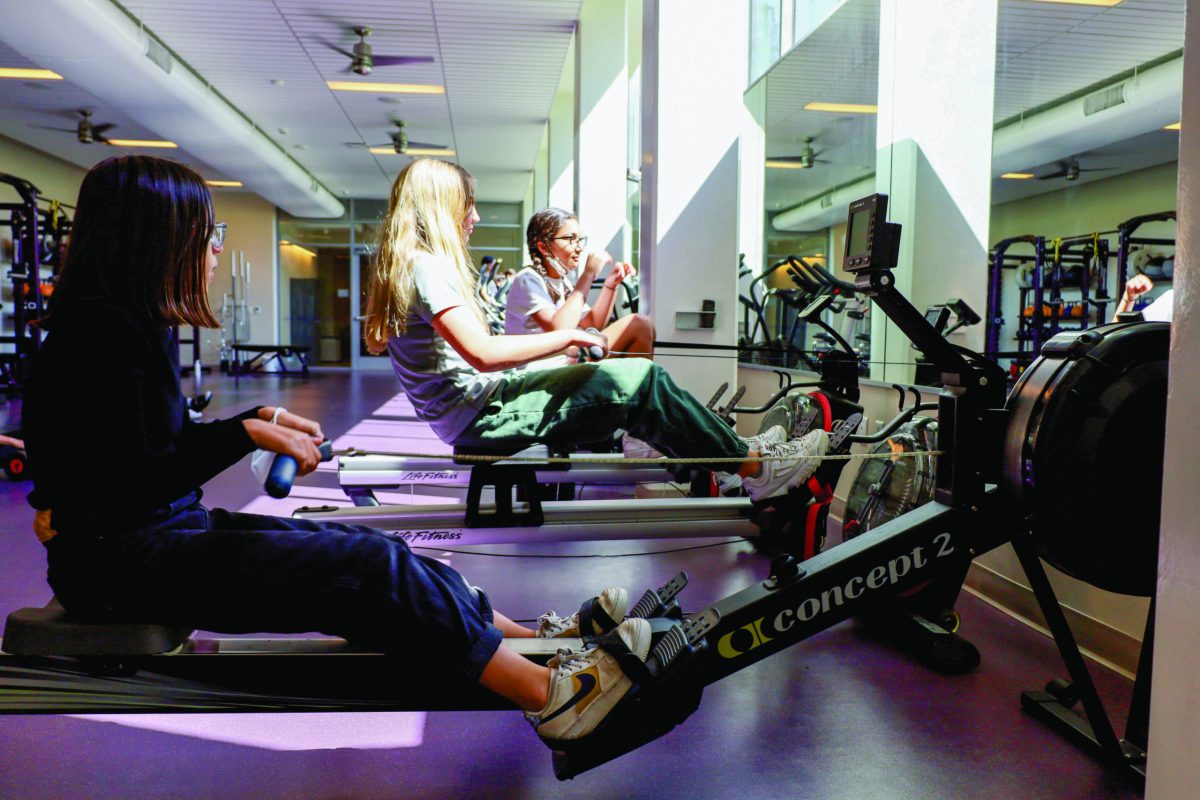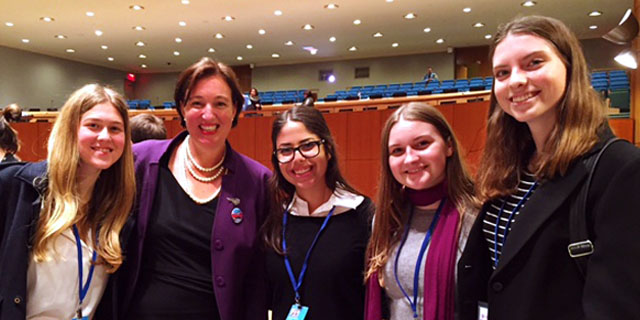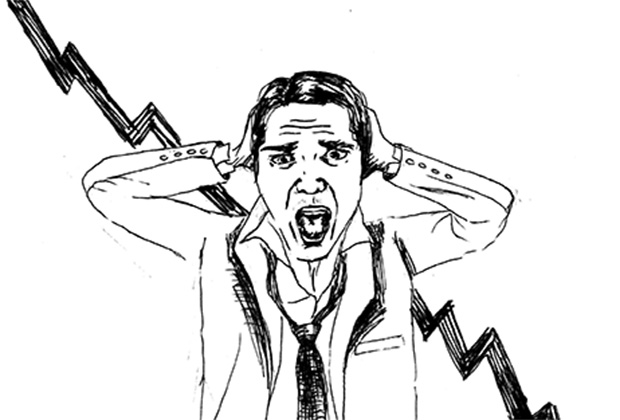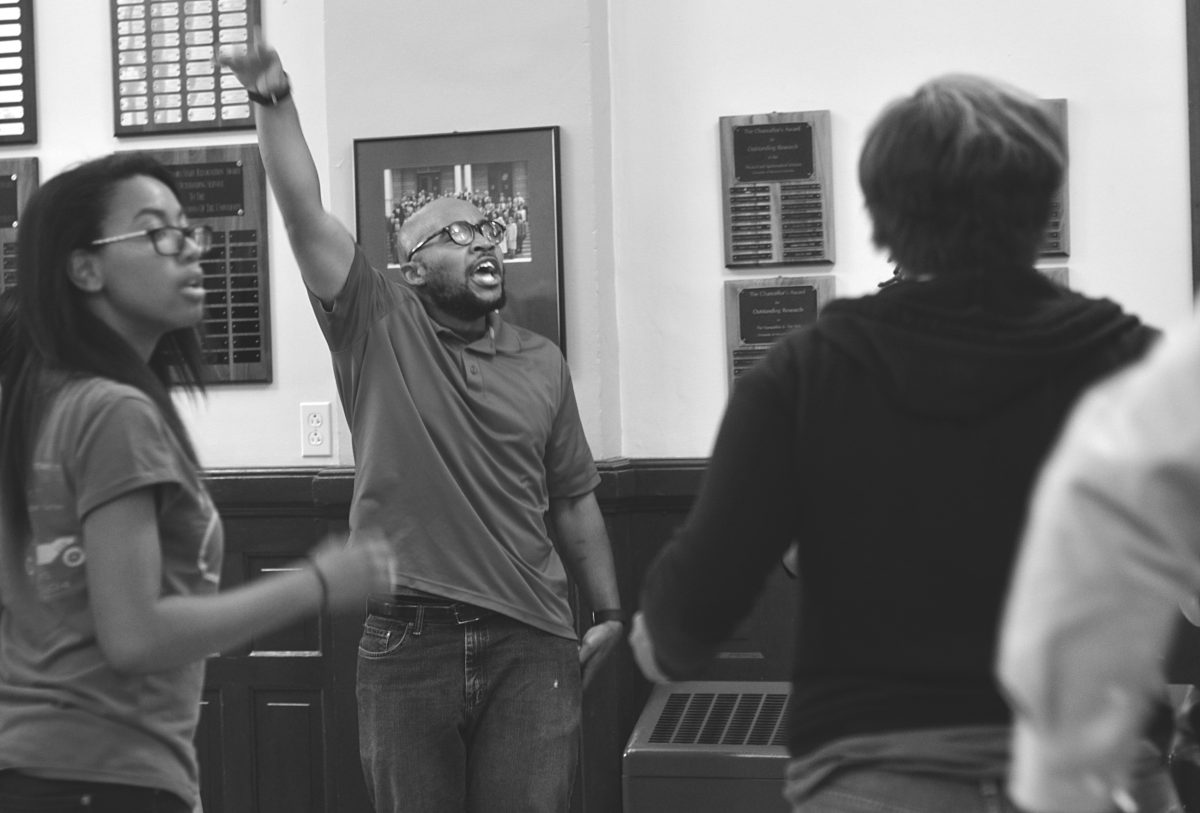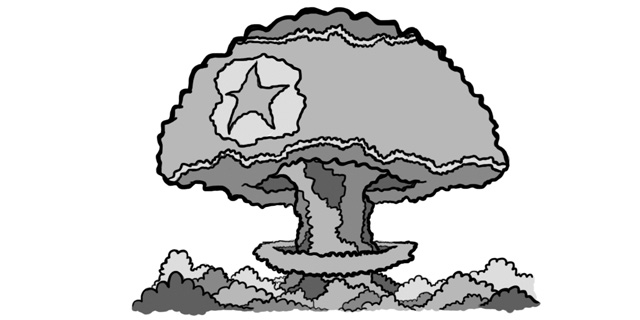
From Oct. 5 to 19, 2014, Pope Francis called 253 Catholic bishops to the Vatican for the Third Extraordinary General Assembly of The Synod of Bishops, to discuss gay marriage and other familial issues. Though the older generation of Catholics is still mainly opposed to gay marriage, a recent study by the Pew Research Center shows that almost 75% of Catholics aged 19 to 29 support gay marriage. These results, alongside Pope Francis’s evolving views towards homosexuality, have led to speculation that the Catholic Church may be leaning towards modernizing its stance on gay marriage, which it currently forbids. However, the majority of bishops were opposed to Pope Francis’s progressive wishes for the homosexual community.
According to the United States Conference of Catholic Bishops, the Pope and his Bishops met during the most recent Synod to draft a formal document about “the pastoral challenges of the family in the context of evangelization.” This means that the council discusses the pressing familial matters that they feel are affecting modern-day families according to what is proper in the Catholic faith. Pope Francis attempted to publish official statements supporting gay and lesbian families, but the other members of the Synod did not let that happen. The Pope originally wanted a passage to include mention of the gifts homosexual people bring to the community as well as the support they give their partners, but neither was mentioned in the final statement.
The passages that Pope Francis wanted to include in the document seemed too “gay-friendly” for the more conservative bishops, who insisted upon changing the Pope’s initial version by rewriting what he said with a much colder tone, changing the term “homosexual persons” to “people with homosexual orientation,” according to The Guardian. Interestingly enough, the English translation of what the Synod decreed was harsher than the original Italian. English-speaking bishops feared that the terminology would mislead Catholics in English-speaking countries and therefore made several alterations, one of which changed the word “homosexuals” to “these people.”
The Church also made it clear that gay marriage and heterosexual marriage were in no way equal. In addition, bishops felt that the Synod spent too much time discussing families undergoing so-called crises, including single parenthood, gay parenthood or divorce, and should have devoted more time to celebrating heterosexual married couples. However, the section on gay marriage failed to obtain a two-thirds majority and was not passed, supporting the previously stated beliefs that same sex and traditional marriage are not comparable.
Pope Francis, known by many as the progressive Pope, remained undeterred by the resistance from the rest of the Synod, saying that he would have been both surprised and saddened if there had not been such an animated and lively discussion during this year’s council. During his closing speech, he said that the assembly had been an emotional journey, but people, including the “progressives and liberals,” must strive to avoid the “temptation to hostile inflexibility” and the “temptation to a destructive tendency to goodness.”
Pope Francis claims that the Church, the rightful wedded bride of Christ, will open her doors to anyone in a time of need and does not fear supping with “prostitutes and publicans,” according to The Official Vatican Network.
Continuing with the Pope’s increasingly progressive actions, a highly conservative American cardinal was demoted for not agreeing with the Church’s modernizing views. By lessening Cardinal Raymond Burke’s power, the Pope has sent a message to those who do not agree with his forward-thinking ideas for the Catholic Church.

